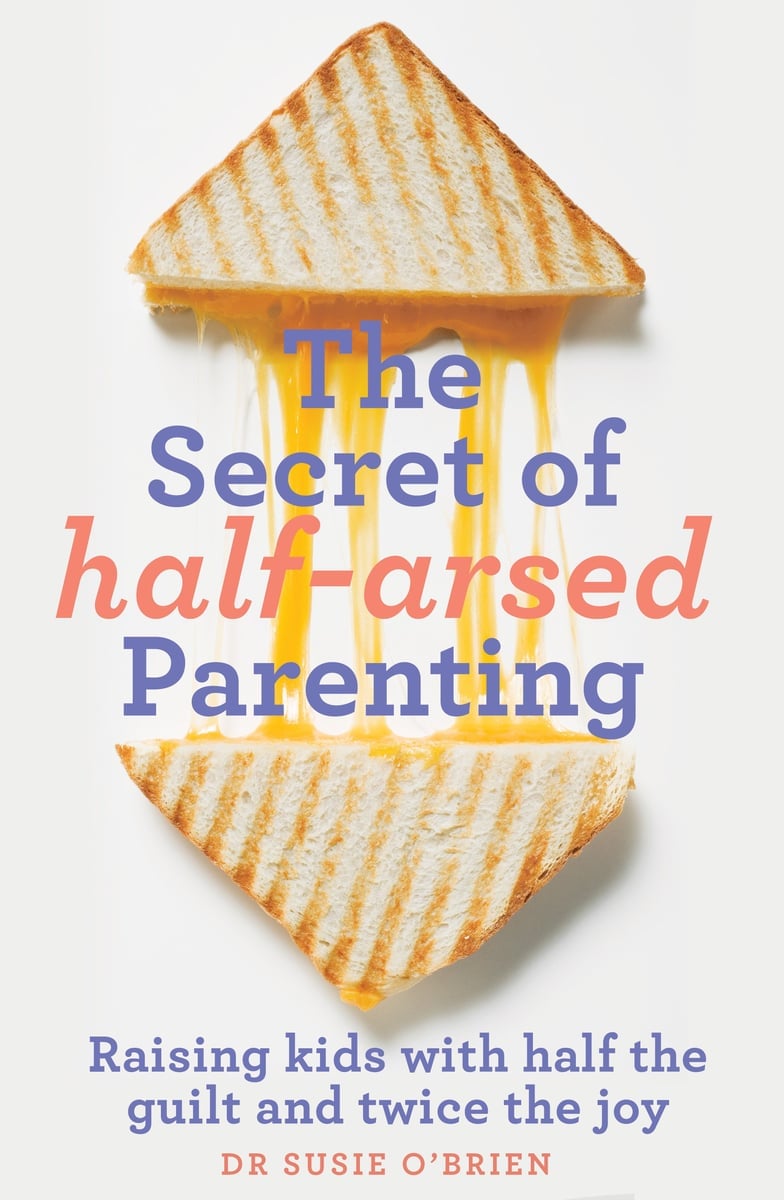
I was chatting with a school mum recently who told me both her children were upset when they discovered there were no snacks at home.
The kids are 10 and 13 and were irate when she told them there was only boring old fruit to eat after school rather than special treats, so they hung up the phone on her. What did she do about it? Probably nothing.
An older lady I work with told me about her eight-year-old grandson who didn’t want her to buy him any clothes anymore because they weren’t ‘cool enough’. Buying Spiderman and other superhero T-shirts gave her a lot of pleasure, but her grandson cried all the way home when he was forced to wear one in public.
Stories like this are all around us.
Another friend of mine said she frequently entertains 10 or more of her 14-year-old’s friends, and sometimes only one will say hello to her or thank her for having them over. These are kids she’s known for more than a decade.
‘They act as if I am not even there, even though I bring them food and towels for the pool,’ she says.
Entitled? Disrespectful? Disgraceful? You bet. And yet they’re her children’s friends, so she continues to ignore their rudeness and invite them over.
School holidays are a case in point. Kids bombard their parents every 3.2 seconds with demands for play dates, expensive outings and new computer games. Can you take us trampolining? Can you take us to the water park we saw the ad on TV for? Can we go buy the $90 NBL Xbox game? Same goes for birthday presents. The Family Values report found parents feel pressured to spend more than they’d like on presents for their own children and their children’s friends. Their report says that ‘most also believe gifts expected by children are becoming increasingly expensive or unrealistic and that children expect gifts which are not really fully appreciated’. This is despite parents spending an average of $185 on gifts for their child’s birthday. $185! I reckon I bought my first car for less than that.



Top Comments
Furthermore, It is worthwhile to look at WHY many gen X and Y parents may lean towards "permissive" parenting styles. It is likely because THEIR emotional and physical needs were not met by their Boomer/Silent gen parents, leading them to feel they need to overcompensate.